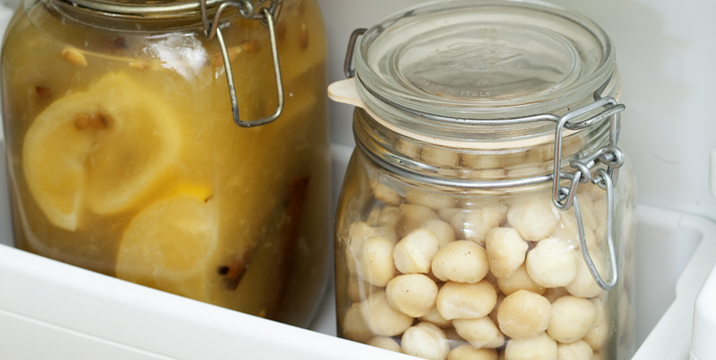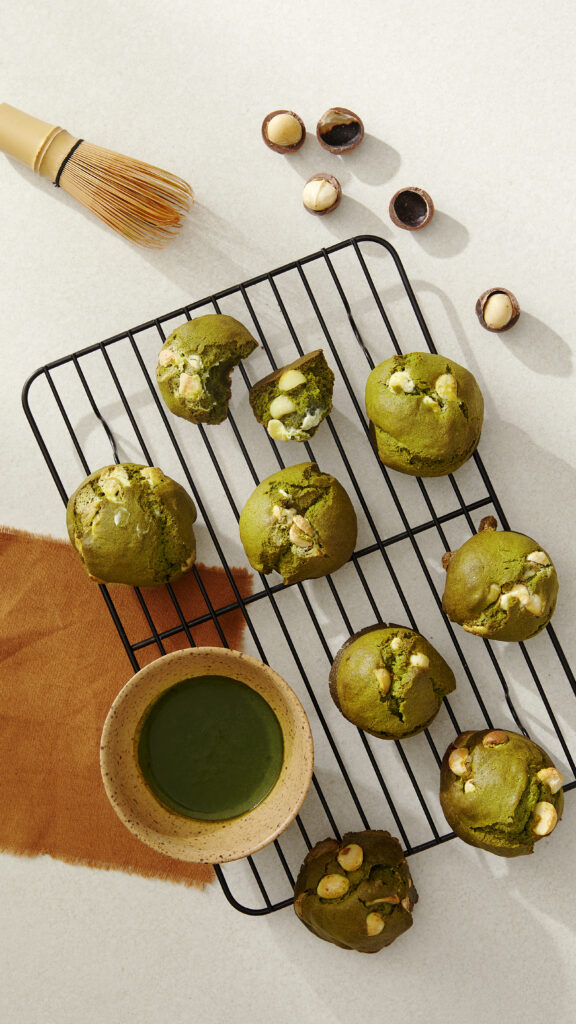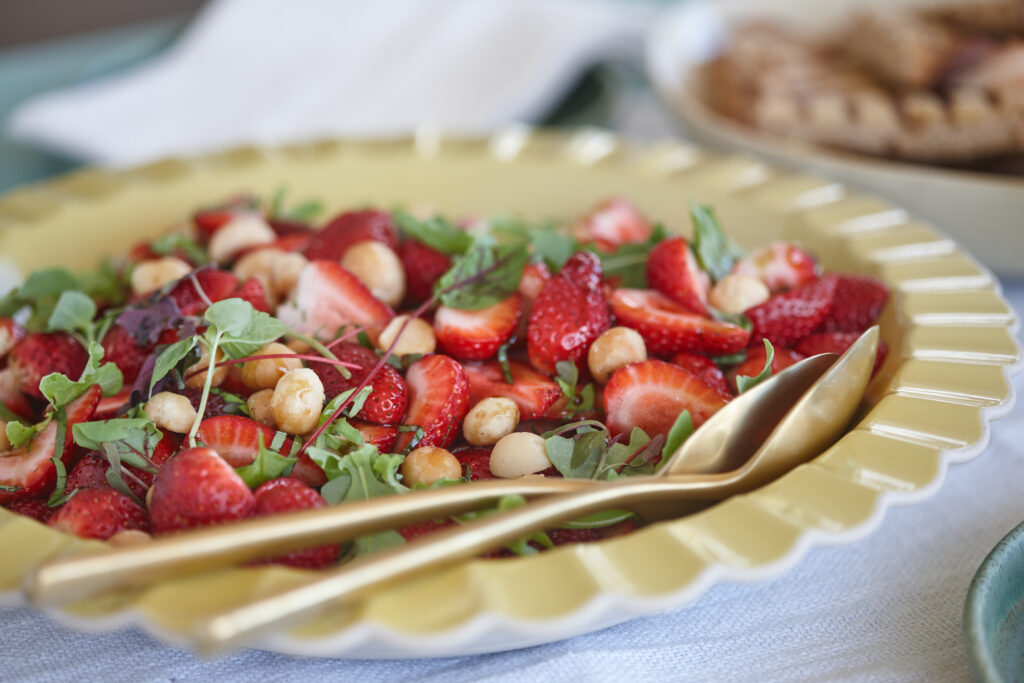What is a microbiome?
The term ‘microbiome’ refers to the whole community of microorganisms living in your gut.
Scientists are discovering that our microbiome has a significant impact on many aspects of health, and not just the health of your bowel.
Disturbances in the microbiome are thought to contribute to auto-immune diseases, diabetes, some cancers, mental illness and even obesity.
You can look after your microbiome by enjoying a plant-based diet containing plenty of fibre, including nuts like macadamias.
You can also maintain beneficial bacteria by enjoying fermented foods that contain probiotics such as yoghurt, probiotic drinks, kimchi, sauerkraut, tempeh, miso, kombucha and kefir.
How can nuts benefit the microbiome?
Preliminary research suggests nuts and especially nut skins could benefit your gut health thanks to their high fibre levels and antioxidant and anti-inflammatory properties. All nuts, including macadamias, contain fibre.
While the jigsaw is not complete and pieces of the puzzle are missing, there are many possible mechanisms:
Nuts feed the gut bacteria: Nuts and nut skins are rich in fibre – a prebiotic, which feeds the probiotic bacteria that live in the gut.
Probiotic protectors: Nuts may offer protection to probiotic bacteria.
Maintain a healthy weight: It is early days yet but the impact that nuts have on protecting and / or promoting healthy bacteria in the gut may be yet another way nuts help control body weight. It’s all to do with healthy bacteria and the compounds they generate and the function these compounds have on weight control mechanism.
Healthy bacteria feed on fibre, fermenting it to product short-chain fatty acids (SCFAs): These compounds may play a role in weight management by influencing hormones in the gut that make us feel full and making the body more sensitive to insulin. High insulin levels can cause weight gain. Some bacterial strains are also able to harvest more energy from fibre, which may lead to weight gain.
Diversity of bacteria: Research shows people with greater diversity of intestinal bacteria and higher levels of specific bacterial strains are less likely to be overweight, have less insulin resistance, and lower blood cholesterol and inflammation.
While there are still many questions to be answered, this new area of study is offering some promising results so far. It’s an area we will be watching closely!












